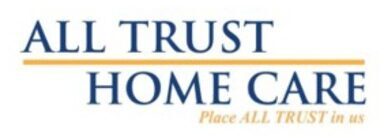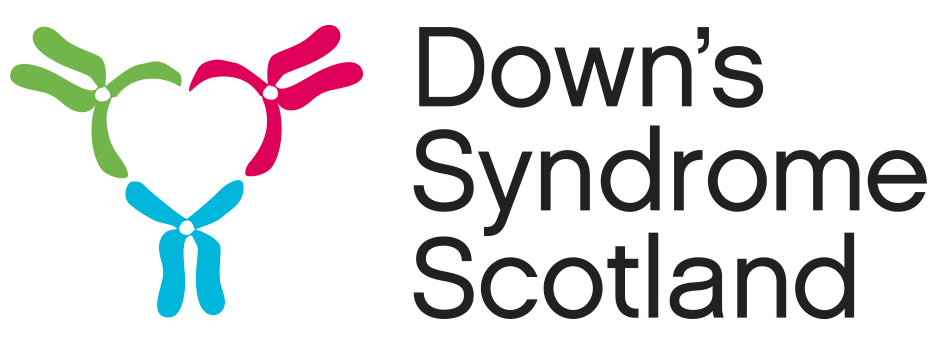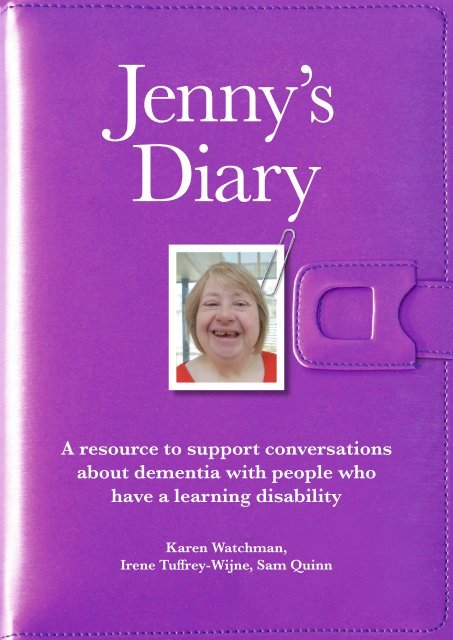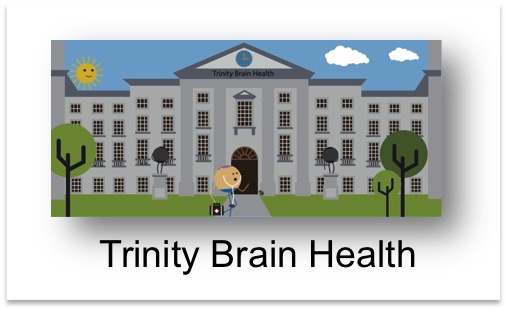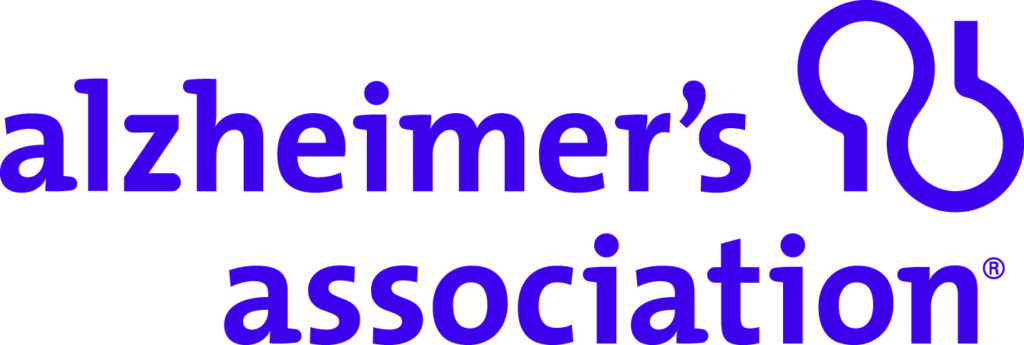Effective Communication about Dementia with Adults with an Intellectual and Developmental Disability
We often avoid having challenging discussions with our family members. However, it is important that a diagnosis of Alzheimer’s disease and related dementias be disclosed to the person who has been diagnosed. The discussion should be client-centered, honest, and explain how the diagnosis of dementia could affect him or her, in language and concepts that are understandable. Clear communication can help, and may even be a relief, as the adult with an intellectual and developmental disability begins to cope with personality changes that can be confusing.
Guides to Having a Conversation
All Trust Homecare
A person with memory loss due to Alzheimer’s disease or a related dementia will experience changes in communication skills – both expressing oneself and understanding others. All Trust Homecare has provided a fact sheet with easy tips to communicate and keep connected to someone with memory loss.
The Seven Hills Foundation
The Seven Hills Foundation has created a guide, Talking About Dementia: A Guide for Families, Caregivers and Adults with Intellectual Disability, and A Caregivers Resource Guide that provides practical tips and resources, to assist caregivers on how to have a clear, honest and compassionate conversation about dementia with your loved one.
Down's Syndrome Scotland
Indicators of dementia can manifest themselves differently in different individuals. Down’s Syndrome Scotland has published several booklets for caregivers, Living with Dementia, which provides practical ideas to change the environment to reduce confusion.
Let’s Talk About Dementia, a booklet designed for adults with Down Syndrome which helps to explain the disease, and Keep Talking About Dementia, a booklet that offers tips and information for siblings, who often become the main career for a brother or sister with Down’s syndrome.
Jenny's Diary
Dr. Karen Watchman is a Senior Lecturer at the University of Stirling, Scotland, who, along with other researchers, created Jenny’s Diary, an evidence-based three-step approach, written in plain language. The guide helps facilitate supportive conversations and is accompanied by easy to read postcards that provide examples of the activities that Jenny does in a typical week. Click here for a brief video explaining the use of the guide, which has been translated into several languages. Dr. Watchman has also presented “Dementia and intellectual disability – Valuing the perspectives of people with intellectual disability” at the 28th Alzheimer Europe Conference.
Educational Videos
Trinity College of Dublin
Trinity Brain Health is a project at Trinity College of Dublin, that specializes in translating complex concepts and challenging material into easy-to-understand practical information. They have partnered with FreeDem Films to address fears about memory loss and dementia and provide practical advice about brain health through the creation of several, very short (2-3min.) videos.
- Can Your Memory Go Completely?
- How Does Memory Work?
- When Should I Be Concerned About My Memory?
- Will I lose My Memory When I Get Old?
- I Have Trouble Remembering Things – Am I Getting Dementia?
- Why is Attention Important?
- I Have Alzheimer’s disease – What Can I Do To Help Myself and Improve My Day-to-Day Life?
- How Can We Include People With Dementia In Our Community?
- What Is The Difference Between Alzheimer’s Disease and Dementia?
Alzheimer's Association
The Alzheimer’s Association Rhode Island Chapter has created a user-friendly educational video, “You May Not Know Me, But I Know You!“ which, is an introduction to talking to individuals with an intellectual and developmental disability about Alzheimer’s Disease and Dementia.

